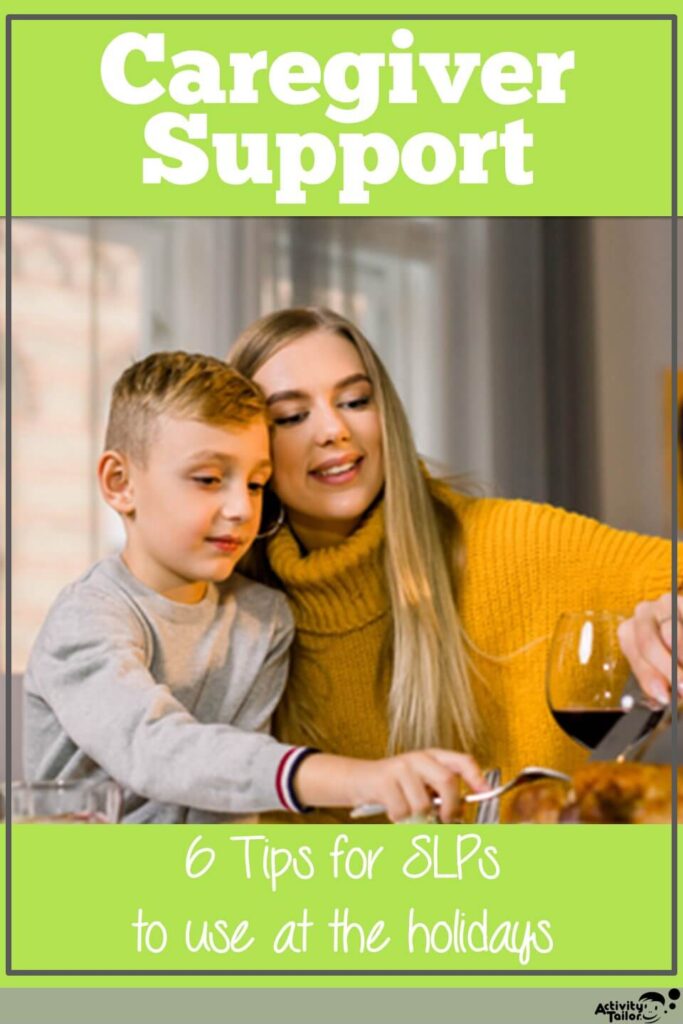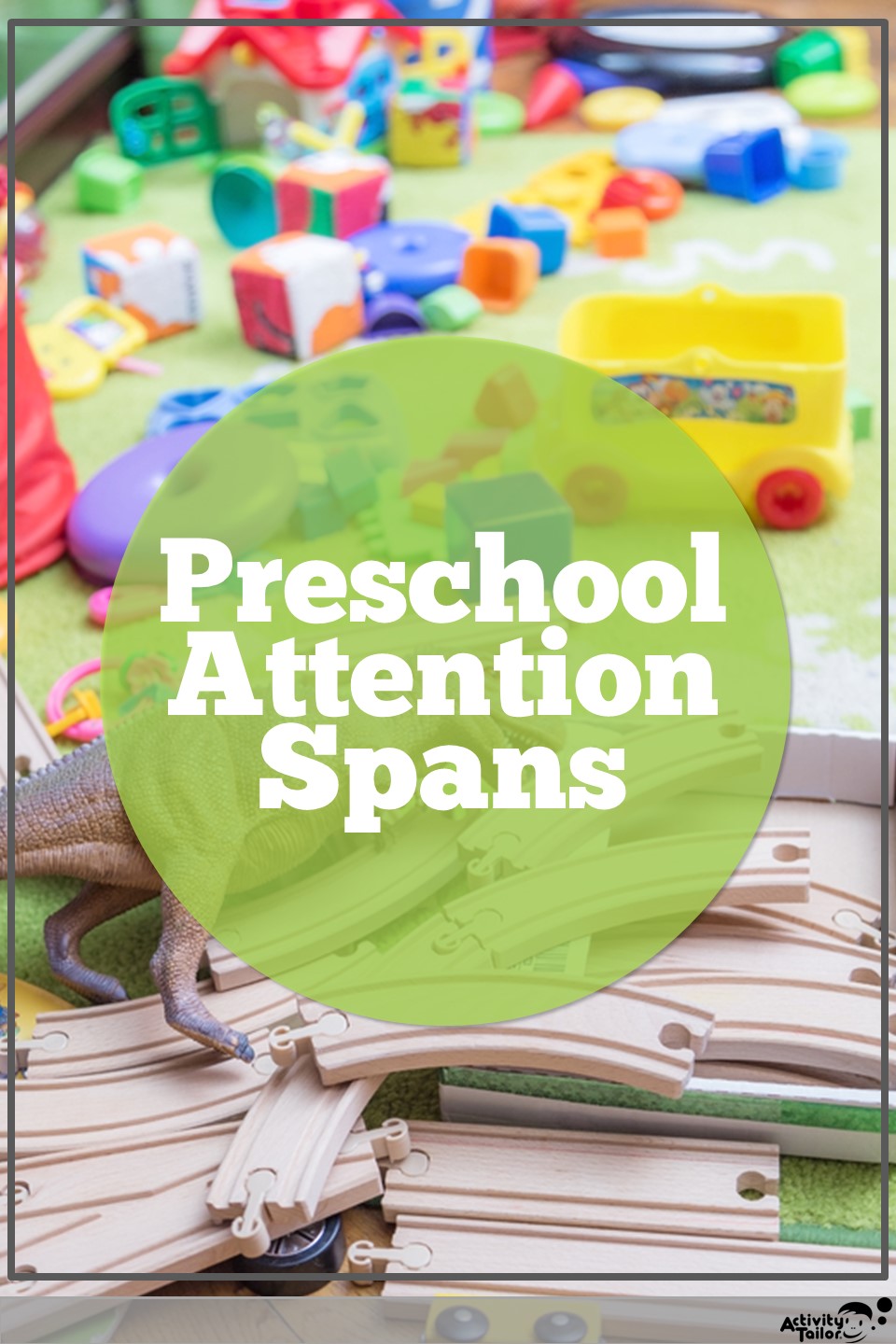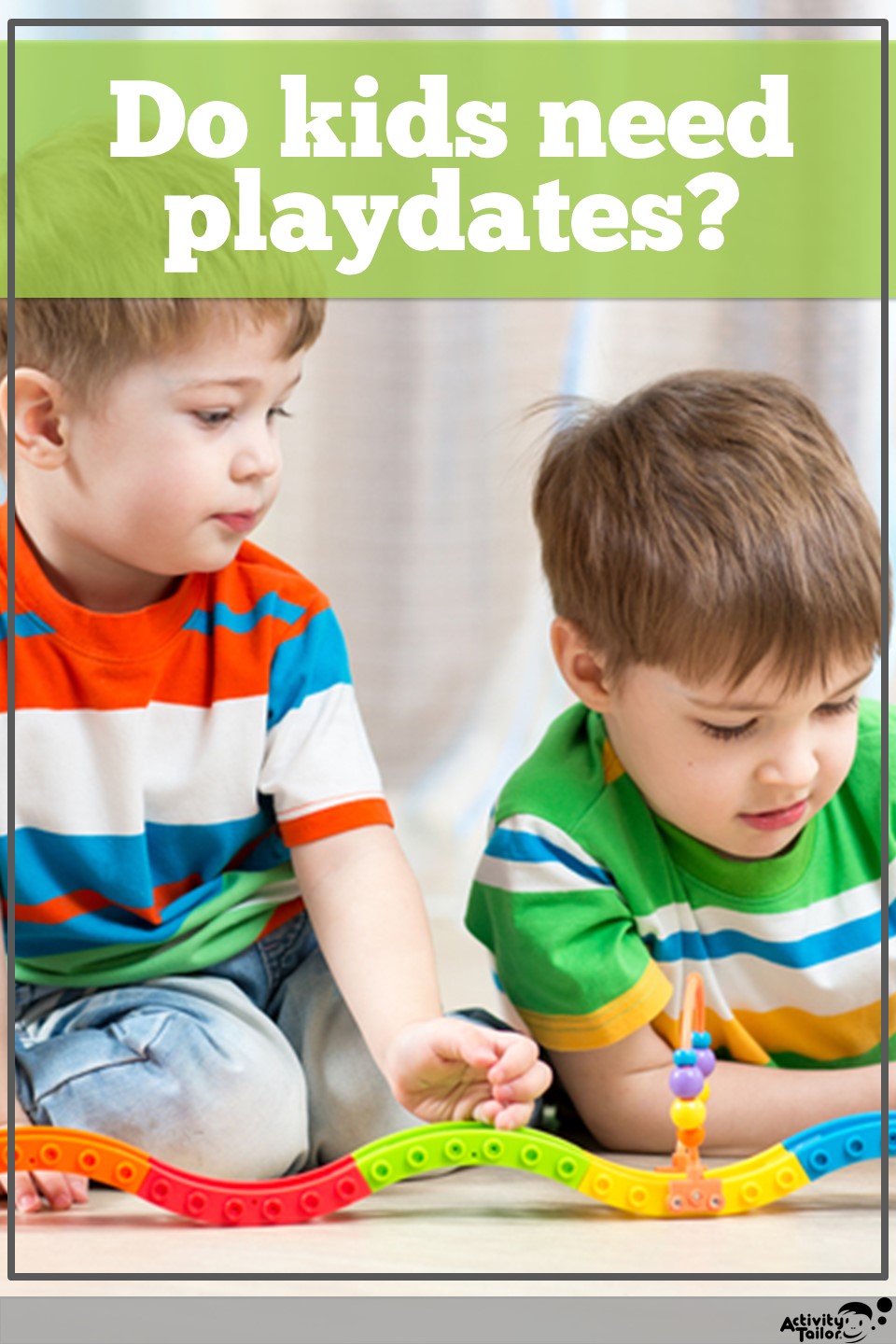Raising a child with special needs can be both rewarding and challenging. These caregivers are often faced with emotional, financial, and social stressors that can lead to higher risks of depression and anxiety, especially when not having a positive support system. These stresses seem to rise during the holidays too! As speech-language pathologists (SLPs), understanding and addressing these caregiver needs is an essential piece to providing care for their children.
Read on for 6 tangible ways you can support caregivers of special needs children during the holidays this year:
- Establish Open Communication
- Offer Resources and Education
- Address Mental Health Concerns
- Help Build a Supportive Community Network
- Collaborate with Families
- Advocate for Caregivers and Children
General Stressors for Caregivers of Special Needs Children
Caregivers of children with special needs likely have a variety of increased demands placed upon them.
They may have increased finances due to therapies and additional resources that need to be bought, sensory considerations, devices to remember, isolation from the community, and more.
Along with these stressors come different emotions too.
Common Emotions of Caregivers of Special Needs Children:
- Grief
- Guilt
- Isolation
- Anxiety
- Fear
Additional Holiday Stressors
The holidays can add additional stressors to these caregivers. Holiday events like school plays or family get-togethers may be too much for families’ schedules with an already busy therapy load.
The new experiences may be too much to handle for little ones who are easily overstimulated due to difficulties with sensory integration.
Increased exposure to opinionated and meddlesome family members and friends may also add unnecessary stress for parents.
Parents are also frequently reminded that their child’s abilities and interests might not match what is marketed for that age in commercials or advertisements.
As the child’s (and family’s) SLP, being aware of these stressors allows you to then offer much-needed support.
6 Tangible Ways to Offer Support During the Holidays
1. Establish Open Communication to Support Caregivers of Special Needs Children
One of the first things you can do to support families as an SLP is to create an environment of open communication with caregivers.
Explicitly express to families that you want them to feel safe expressing their concerns, emotions, and hardships to you. Being an empathic listener can help reduce feelings of anxiety and isolation these caregivers may feel.
Click here for Four Tips for Talking to Caregivers and a free Initial Parent Questionnaire.
2. Offer Resources and Education
Provide families with educational resources targeted to their child’s specific needs and communication challenges. As you equip caregivers with greater knowledge, you are empowering them and instilling confidence in their own abilities to best support their child.
Holiday-specific support may look like this:
- Toy ideas that meet the unique needs of the special needs child
- List of available accommodations to make special holiday events possible (e.g. headphones, fidgets, social stories)
- Reminders that, as the caregivers, they are the experts on their child (not Great-Aunt Wanda..)
3. Address Mental Health Concerns
The increased demands of raising a child with special needs can result in symptoms of depression and anxiety (Scherer et al., 2018).
Be aware of signs of mental health struggles and encourage caregivers to seek professional help to cope with their emotions if needed. Remind parents that although they are busy, they need to take care of themselves in order to best care for their children.
There are many virtual counseling options available for families now too!
4. Help Build a Supportive Community Network
Supportive communities help reduce stress for parents. Without a strong support system, families may feel overburdened and alone.
As an SLP, you can organize support groups for your families or connect caregivers to existing local or online support networks where they can safely share their experiences. A group of other adults experiencing similar walks of life with a special needs child can offer advice that’s unmatched!
5 Collaborate with Families
Involve family members directly in your therapy process by collaborating with them. When creating treatment plans, consider what concerns parents have and what will make the most impact on their daily lives. Sometimes, what you feel is most important actually isn’t what is most pressing for caregivers, and that is OKAY.
This collaboration helps caregivers feel valued and supported!
6. Advocate for Caregivers and Children
Parents of special needs children usually feel like they are in “advocate mode” 24/7 for their children. You have a great opportunity to be an advocate for the parents and take a little bit of the advocacy load off of them for their children’s speech and language therapy.
You can advocate in several different ways:
- Speak at state SLP conventions
- Contact pivotal policymakers
- Talk to and educate your clients’ doctors
- Contact clients’ insurance companies
As SLPs, providing support to caregivers of special needs children goes beyond weekly therapy sessions with the child. You ARE the right person to join alongside your children’s caregivers. Together, you can create a powerful team as you nurture the unique potential of your special needs children!
References
Scherer, N., Verhey, I., & Kuper, H. (2018). Depression and anxiety in parents of children with intellectual and developmental disabilities: A systematic review and meta-analysis. PLoS ONE, 14(7). https://doi.org/10.1371/journal.pone.0219888
You may also be interested in reading:
Generational Joy: Including the hard-of-hearing adult
Incorporating Little Ones in Thanksgiving Prep




